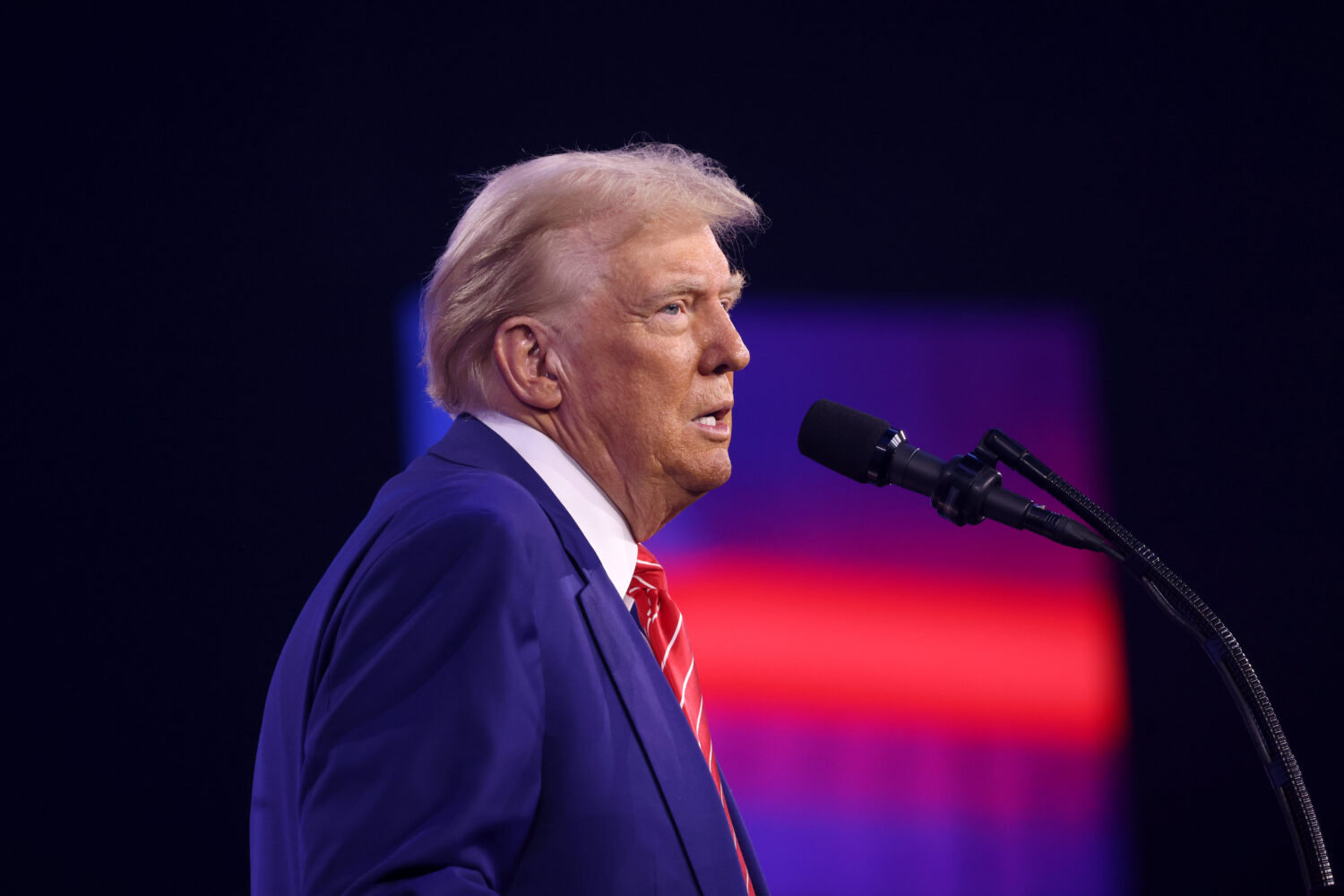Groundhog Day
Trump’s victory must prompt soul-searching among the US’s liberal establishment, writes Katie Gaddini
On 6 November, the world awoke to the news that Donald Trump had been re-elected as president of the United States. Not only did Trump decisively win the electoral college vote, but he also won the popular vote, the first time a Republican candidate has done so in 20 years. Republicans took majority control of the Senate and maintained their dominance in the House of Representatives. Combined with a conservative supermajority on the supreme court, the US will be ruled for the next four years, at the federal level at least, by the right. As a result, Trump will likely have an easier time reshaping governmental departments, introducing stricter immigration controls, restricting transgender rights and imposing tariffs.
While many on the left have been quick to blame Kamala Harris, a more generous analysis might focus instead on why Trump remains so popular with the American electorate. Donald Trump has retained his image as an antiestablishment, anti-elitist figure, even though he has now been in politics for nearly a decade. In his second administration, Trump seems determined to appoint other outsiders to his cabinet, including Elon Musk, Robert F Kennedy Jr. and Linda McMahon. Conservatives I have interviewed across the country admire Trump’s commitment to disrupting “business as usual” in US politics and see it as one of his most laudable qualities.
Trump’s antiestablishment brand bleeds into another key element of his popularity: positioning himself as a fighter under attack. This was exemplified most poignantly by images of the now president-elect with blood streaming down his cheek and a determined fist punching the air after the first of two assassination attempts.
The besieged-yet-triumphant narrative that Trump espouses weaves together symbolic and material elements that carried great purchase in this election. On a symbolic level, many Americans feel slighted by what they perceive as an intolerant, elitist left more concerned with identity politics than rising inflation. President Biden’s speech right before the election, in which he called Trump supporters ‘garbage,’ can’t have helped in this regard, with echoes of Hillary Clinton’s infamous ‘deplorables’ speech. This dynamic plays out on a smaller scale, too. In my own research, I’ve observed a groundswell of young people gravitating to the Trump camp as early as secondary school after being bullied for their conservative beliefs.
The liberal media’s negative reporting on Trump, combined with the ongoing lawsuits and criminal charges against him, have allied him with wide-ranging groups of Americans. Some Black men, for example, resonated with a candidate who also claims to face an unjust criminal justice system; an unprecedented 21 per cent voted Republican. And white evangelicals, who have thrived on a sense of being embattled in a secular society for decades, see in Trump a politician who understands them, looking past his many un-Christian traits by equating him with flawed figures from the Bible such as King David.
During his campaign, Trump spun the country’s high inflation rates and economic inequality into a larger story of unfairness. For the large swathes of the American populace crushed under the inequality wrought by late capitalism, this message struck a chord. Rather than blame capitalism, of course, Trump doubled down on it, promising an ‘economic boom’ under his leadership.
His sweeping victory should force a reevaluation across various sectors of liberal America. Senior Democrats must reconsider their party’s priorities and strategies to avoid another bruising loss in the midterms. For the liberal media, this moment necessitates a reassessment of how they report on politics. Even some of the best media outlets inundated readers for months with headlines predicting that the election was a “dead heat” that could tip either way. They were wrong. And out of touch.
And for many left-of-centre Americans, after years of despising conservatives, and hoping they would just go away, the moment has arrived in which they find themselves at a crossroads. They can either continue with contempt for another four years (maybe more) or lean into curiosity about their fellow Americans, with whom they vehemently disagree, but who wield a tremendous influence over their country.
Image credit: Gage Skidmore via Flickr

